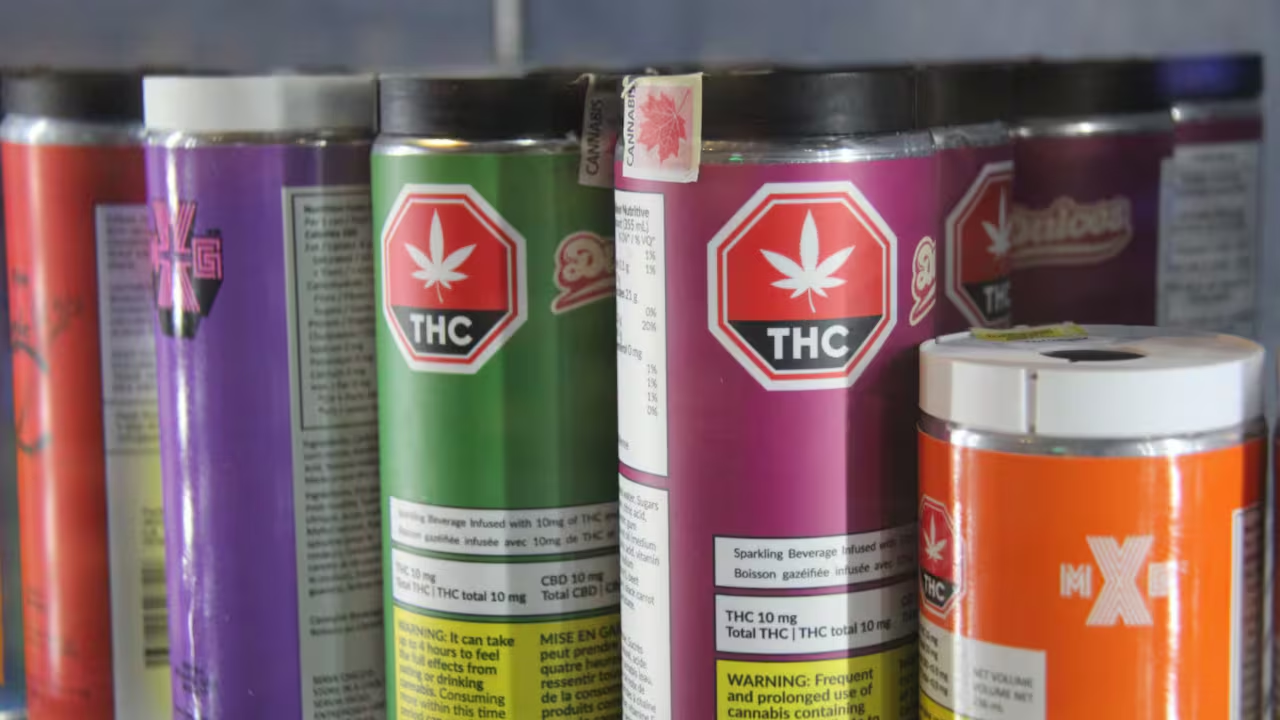The Saskatchewan Health Authority has reported an increase in emergency room visits due to cannabis-induced psychosis. Last year, the number of patients treated for this condition rose to 165, up from 116 in 2022, reflecting a concerning trend associated with high-potency cannabis products.
High-potency cannabis, defined by its elevated levels of tetrahydrocannabinol (THC), has become increasingly popular among consumers. THC is the primary psychoactive component in cannabis, responsible for the euphoric effects commonly associated with its use. However, as THC concentrations rise, so do potential risks for mental health issues, including psychosis.
The Saskatchewan Health Authority has highlighted that psychosis can manifest as severe anxiety, paranoia, and hallucinations, symptoms that can be distressing and disruptive to individuals’ lives. The increase in cases indicates a growing need for public awareness and education about the risks linked to high-THC cannabis products.
Research has shown that individuals who consume high-potency cannabis may be at a greater risk of developing psychotic disorders, particularly those with a predisposition to mental health issues. Experts recommend that consumers be cautious with high-THC products and consider lower-potency options to reduce the likelihood of adverse effects.
In response to these trends, health authorities are calling for more stringent regulations on the sale and marketing of high-potency cannabis products. They emphasize the importance of educating the public about the potential risks associated with high THC levels, especially among young adults and individuals with a history of mental health problems.
This increase in cannabis-induced psychosis cases in Saskatchewan is part of a broader conversation about cannabis regulation and public health. As legalization continues to spread across Canada and the United States, the health implications of cannabis use remain a critical area of study and discussion.




